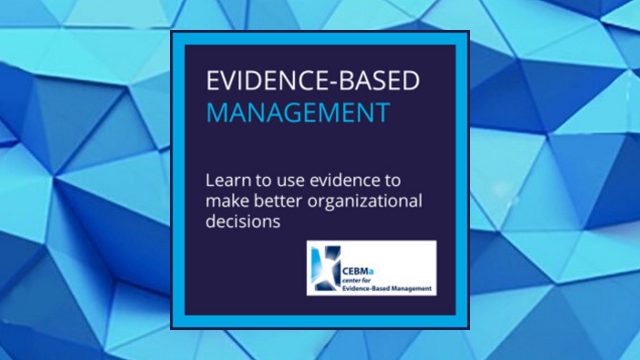
Towards a clinical approach to knowledge management
This article is part of an ongoing series of articles on evidence-based knowledge management.
As knowledge management (KM) continues to mature as a profession, I remain a strong advocate of the need to move beyond expert theorisation (where each treatment is novel and based upon an individual’s expertise and personal insights) to a clinical approach. This would mean using direct observation to assess symptoms, diagnose conditions, and prescribe a response from an expert, shared body of knowledge. We are a long way from this point; as just one example, KM has little to no ability to perform differential diagnosis, something that would a vital part of any systematic and professional capability for preserving and repairing organisational health.
While we need to be cautious of over-analogising the similarities between the human body and organisations, the language used for talking about human health1 can be adapted with minimal effort to the study of systems. For example, when diagnosing systems we can still talk about:
- A disease as a systems response to internal or external factors
- A disorder as a disruption to ordinary systems structure and function
- A syndrome as a collection of signs and symptoms about a system associated with a specific cause
- A condition as an abnormal state interfering with normal, well-functioning and operating organisations
I believe that McFillen and colleagues’ framework for organizational diagnosis2 provides a useful baseline for what we need to achieve this goal. They outline 6 prerequisites for a clinical approach to KM:
- Specification – standardise names for system elements, with identified functions of and relationships among these elements, including theory and cause-effect models
- Studies – develop operational and procedural knowledge of disciplinary testing and research methodologies
- Standards – “norms” of operations for each system to allow diagnosis of misoperation, including upper and lower boundaries of results
- Symptoms – documenting and identifying observable things are linked to underlying conditions, or “problem-state knowledge”
- Solutions – evidence-based treatments that can fix diseases, disorders, syndromes, and conditions
- Sharing – developing a formal education approach for dissemination of relevant knowledge
The long-term goal needs to be development of something analogous to the ICD or perhaps more pertinently, the DSM. We already have some useful proprietary resources in this space such as Straits Knowledge’s books and cards, but the systematic linkage of diagnostic tools to treatments in an open source format to build coherent and consistent community practices needs to be prioritised.
Header image source: Needpix, Public Domain.
References:



![Collaborating on Research by National Eye Institute [Flickr image]](jpg/9955278615_c5356cdffd_z.jpg)
